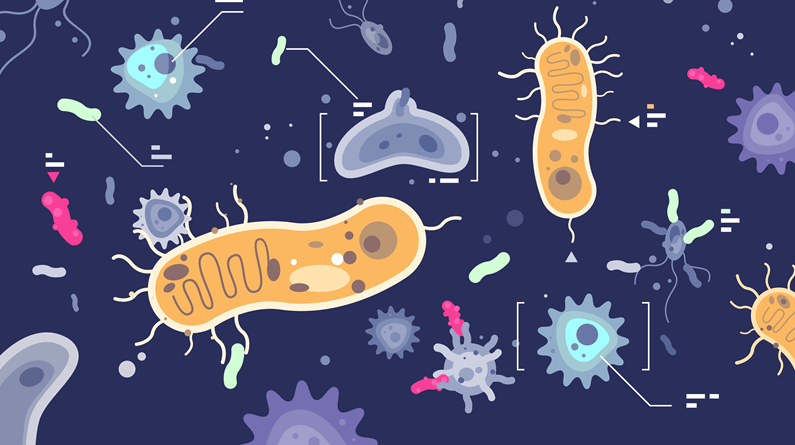Unlocking the Secrets of Gut Bacteria
Did you know that your body is home to trillions of microorganisms, including bacteria, viruses, and fungi? These tiny inhabitants, collectively known as the gut microbiota, play a vital role in your overall health and well-being.
What is Gut Microbiota?
Gut microbiota refers to the community of microorganisms that live in your gastrointestinal tract, which includes your stomach, small intestine, and large intestine. These microorganisms help break down food, regulate your immune system, and even influence your mood.
The Good, the Bad, and the Ugly
While some gut bacteria are beneficial, others can be harmful. An imbalance of good and bad bacteria, also known as dysbiosis, has been linked to various health conditions, including:
– Irritable bowel disease
– Obesity
– Arthritis
– Diabetes
– Depression
– Colon cancer
Factors that Influence Gut Microbiota
Several factors can affect the balance of your gut microbiota, including:
– Diet
– Medications
– Age
– Environment
– Genetics
Functions of Helpful Gut Bacteria
Beneficial gut bacteria perform various functions, such as:
– Metabolizing nutrients and drugs
– Enhancing the immune system
– Producing chemicals that kill or paralyze unwanted organisms
– Fermenting non-digestible fibers and releasing beneficial compounds
The Gut-Brain Axis
The gut-brain axis is a complex system that connects your digestive system to your brain. This system includes:
– The central nervous system (brain and its accessories)
– Neuro-endocrine systems
– Neuro-immune systems
– Peripheral and autonomous nervous systems
– The vagus nerve
– Gut microbiota
Research suggests that gut bacteria may play a role in various neurological disorders, including depression, anxiety, and autism.
Changing Your Gut Microbiota
Fortunately, you can modify your gut microbiota by making changes to your diet and lifestyle. Here are some tips:
– Eat high-fiber foods like fruits, vegetables, and whole grains
– Include prebiotic foods like onions, garlic, and bananas
– Consume probiotic foods like fermented foods and yogurt
– Avoid animal products like red meat and high-fat dairy products
– Limit fried foods and added sugars
– Avoid excessive use of antibiotics
– Maintain a healthy lifestyle, including adequate sleep, exercise, and stress management
References
https://www.webmd.com/digestive-disorders/qa/what-can-you-do-to-get-a-healthy-gut-bacteria
https://en.wikipedia.org/wiki/Human_gastrointestinal_microbiota
https://www.bmj.com/content/361/bmj.k2179
https://www.pcrm.org/health-topics/gut-bacteria
https://www.health.harvard.edu/staying-healthy/can-gut-bacteria-improve-your-health
https://www.gutmicrobiotaforhealth.com/about-gut-microbiota-info/
https://www.mayoclinic.org/healthy-lifestyle/nutrition-and-healthy-eating/in-depth/for-healthy-gut-feed-good-bugs/art-20322495

